
OR
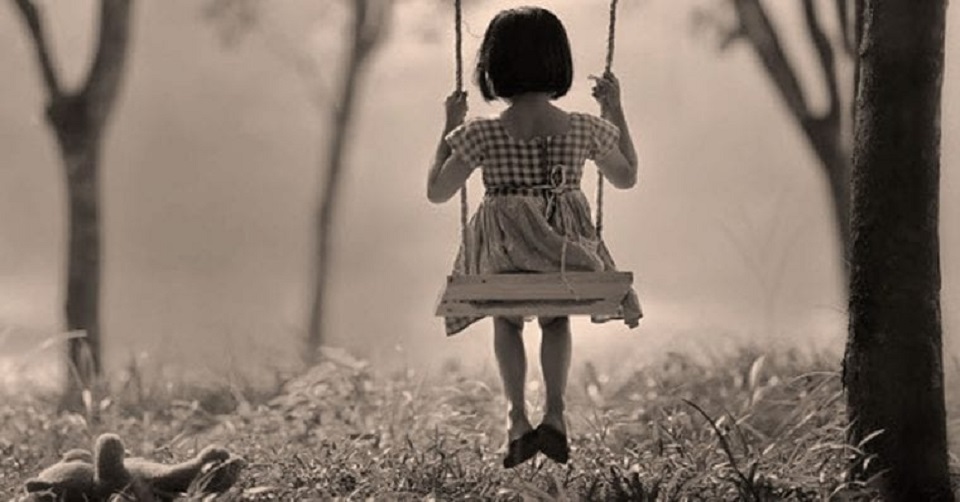

Usha Pokharel
Usha Pokharel is an educationist and author of several children’s books.usha@pokharel.net
Many of us intuitively remember some moments of life, and the events are preserved in a way that cannot be removed or forgotten. Why?
“There seems something more speakingly incomprehensible in the powers, the failures, the inequalities of memory, than in any other of our intelligences.”
Jane Austen, Mansfield Park
During Covid-19 induced curfew, shutdown and lockdown, people have the time to interact, reminiscence, and remember the past, talk about it, and improve family relations. Frequent communication with the family helps keep a person from becoming lonely. Often staying home for long period of time can harm a person. Negative thoughts might overwhelm a person and drive him/her towards depression. I think this impact, to some extent, is under your control, as to which direction you choose to follow. My choice today is to talk about something interesting related to memories and how they work. I am sure everyone has memories labeled, tucked away in some part of their brain, available when they want to access and talk about them. These memories could be anything from their marriage or even having their first house or their first-born child.
To me, memories are like various stops on one’s journey from birth to the present day. Yes, we do not remember all the landmarks and their stops, but some of them come back to us when we focus on the events and the time. Memories are like zipped up files, stored under file names, that can be retrieved and unzipped by a person upon demand. So today, I am in a mood to take a return and revisit various stops on my memory lane. If someone asks about my earliest memory, I have to sit and think and go back in time and try to remember under what labels I have saved those memories.
At one point, I am confused and lost, as to which one of the many memories I remember, comes first. I also have another dilemma. I am not sure if it is my memory or a memory of conversations my parents had regarding those incidents and how they remembered it. That is because I do not have a reference of time for those periods. My earliest memory is that of my maternal grandmother coming to Nepal from Assam. I can see her in my mind as sitting on a chair and someone combing her hair, but I do not recall who that someone was. Now, if someone asks me when was that, I have no answer. I will either have to check with my father or start calculating the year referring to other incidents that happened during those times. After a lot of calculations, I figured I was about three years old at the time, and that it was indeed my memory and not a shared one from my parents’ memory.
One day I said to my father, I remember an incident of theft at our home. Turns out I was only one year old at the time, and it was something that was talked about frequently at our house. So, it was a memory that I had acquired from my parents. There are plenty of other memories clumped together around that time. As there are no reference points, I am unable to put them chronologically and place a location for each of them. I just remember those things happened.
Fragile memories
As Jane Austen in Mansfield Park mentions, memory is both unwavering and fragile. I am sure you will all agree with me when I say that, when we try to remember our memories of an event, we remember most of the traces of the events, but yet sometimes, we forget other events just moments after the event. Another aspect of memories is that, even if we remember the past events, they are usually not the exact reproductions of the initial experience. We likely remember some pieces of the event but not the others. I am sure you also have experienced such a dilemma. You will be surprised to know that our current mindset shapes the details of the event we recall. The thoughts and experiences that occurred between the original event and the time it is recalled mold these memories.
Let me tell you, although we are unaware, memories do have errors. They are not perfect. We have heard of the difference of opinion of different people reporting memories of the same events from the past. I am sure at some point you must have had some difference of opinion with your spouse regarding some memories that you share. This inconsistency is natural because these inconsistencies depend on how an individual remembers a past event. Nearly everyone has, at one time or other, struggled to remember when they were last in a particular location, or why the person across the room looks familiar.
Despite this, many of us intuitively remember some moments of life, and the events are preserved in a way that cannot be removed or forgotten. I am sure many of us remember some moments in our lives, permanently preserved in our memory. Off the top of my head, these events are more than likely your wedding day or the day you received your first grandchild. According to experts, some emotional events leave a scar on the cerebral tissues. Although memory is not always perfect, sometimes memory can accurately preserve a moment in time. When a highly significant event occurs, a special memory mechanism takes over and records the moment with picture-perfect accuracy.
For example, fourteen years after the assassination of JFK, people were asked to report details, such as, where they were when they learned of the assassination; how they learned the news; what they were doing at the time; and how the news impacted them. Nearly everyone recalled these details confidently. People believed that they had retained the information vividly and accurately. Though the researchers were unable to cross-check these memory reports, they believed there was a difference between emotional memory and non-emotional memory.
Memories remain
I am sure you have noticed that emotional memory retains more details than non-emotional ones. Despite their subjective vividness, even emotional memories have flaws and distortions. There are several discussions regarding the effects of emotion on the accuracy of retained memory. My understanding is that emotions enhance memory for some, but not all details of an experience. These discussions emphasized the importance of both the type of detail and the quality of experience to understand how emotion influences memory. Some researchers argue that emotion enhances memory for some, but not all, details of an experience. They found that positive arousing and negative arousing experiences are more likely to be remembered than neutral ones. When it comes to remembering details of those emotional experiences, the critical factor is also how emotions are categorized and characterized.
Finally, I find memory fascinating. I was confused during my childhood, and I am still nowhere near understanding now. Nowadays, I have enough time in my hands to sit and enjoy my memories and not be distracted by its intricacies. Of course, it is always nice to share memories and enjoy them. It is entertainment and a talking point in a family. Now that the government has imposed a curfew, it is time to sit and reminiscence. I think it is a good idea. Why not give it a try? You never know you might like it.
Usha Pokharel is an educationist and author of several children’s books
You May Like This
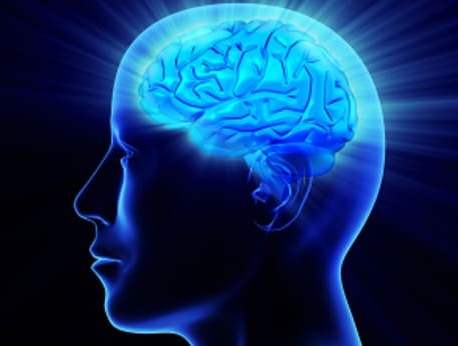
Tips to improve memory
Research has shown that participants with no experience in mindfulness meditation can improve their memory recall in just eight weeks. ... Read More...
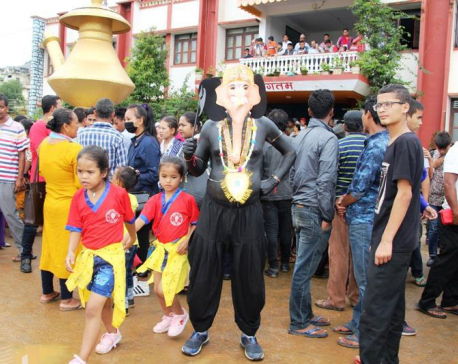
Palpa observes Gaijatra in memory of departed souls
PALPA, Aug 27: Locals in Palpa have observed Gaijatra festival commemorating the departed souls of their kin at the district... Read More...

Being lazy may be sign of high intelligence: Study
WASHINGTON, Sept 3: People who are lazy spend more time engaged in thought, leading them to be more intelligent than... Read More...


Just In
- Kathmandu continues to top the chart of world’s most polluted city
- JSP Central Executive Committee meeting today
- Ambassador Adhikari presents his letter of credentials to Turkish President Erdoğan
- Bajhang by-election: Construction of Taklakot Road is common election agenda of candidates
- Meeting of Finance Committee being held today to discuss 2025/25 budget
- Stakeholders call for transparency as Beijing pushes for early implementation of BRI projects in Nepal
- Special Court orders judicial custody for Sunil Paudel over illegal wealth acquisition charges
- District Court Rautahat sentences four individuals including Aftab Alam to life imprisonment











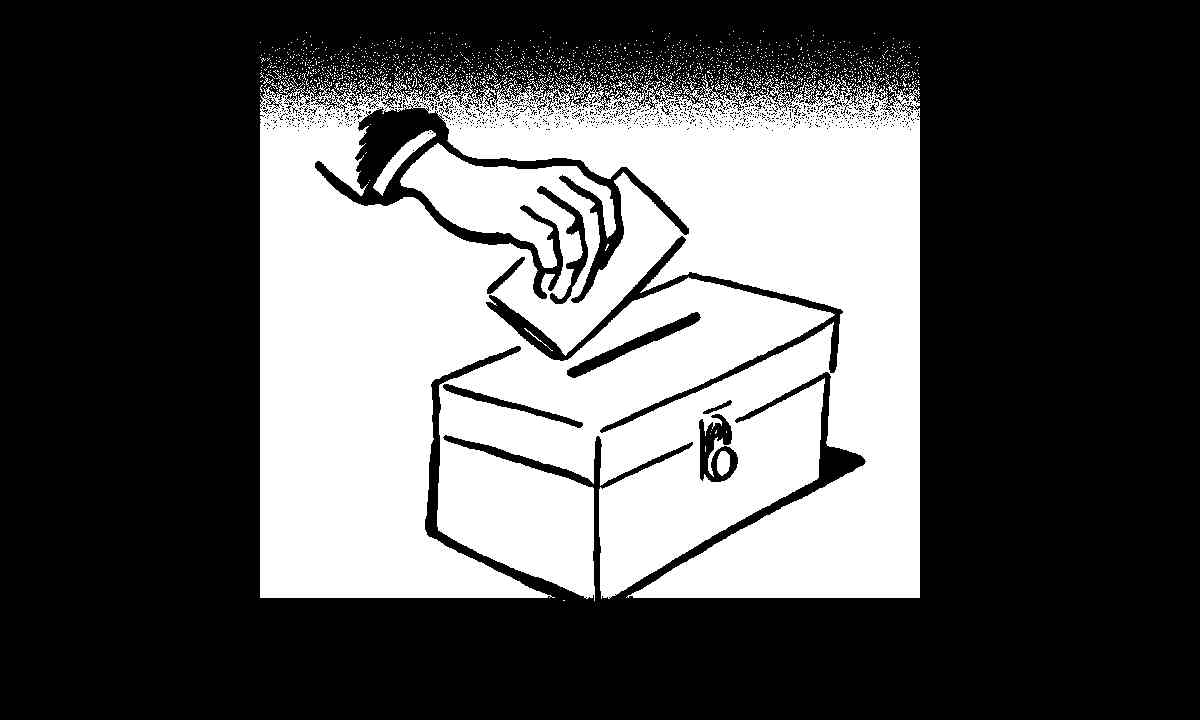
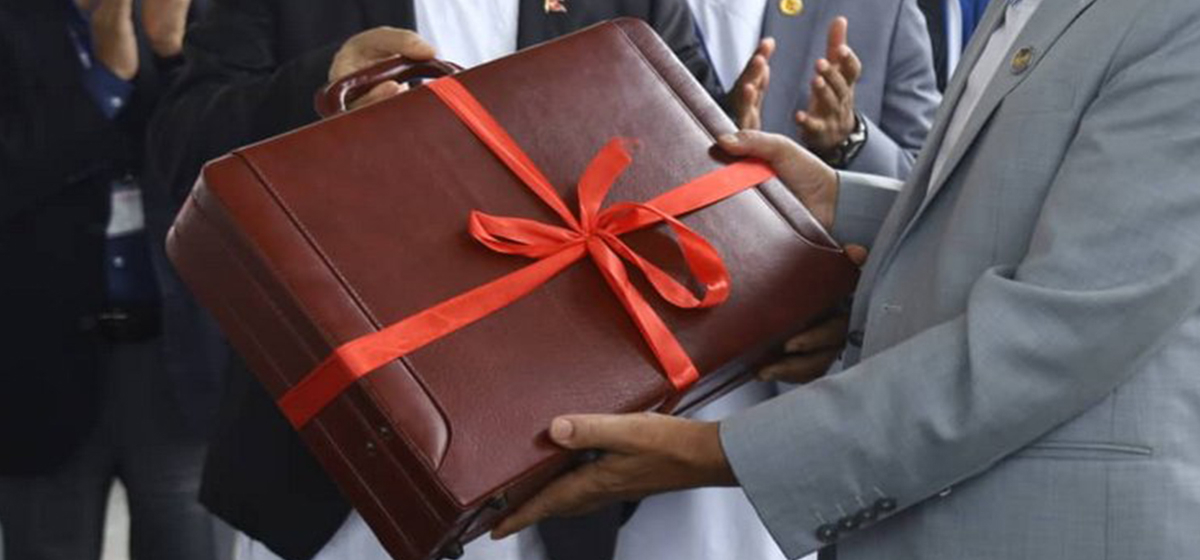

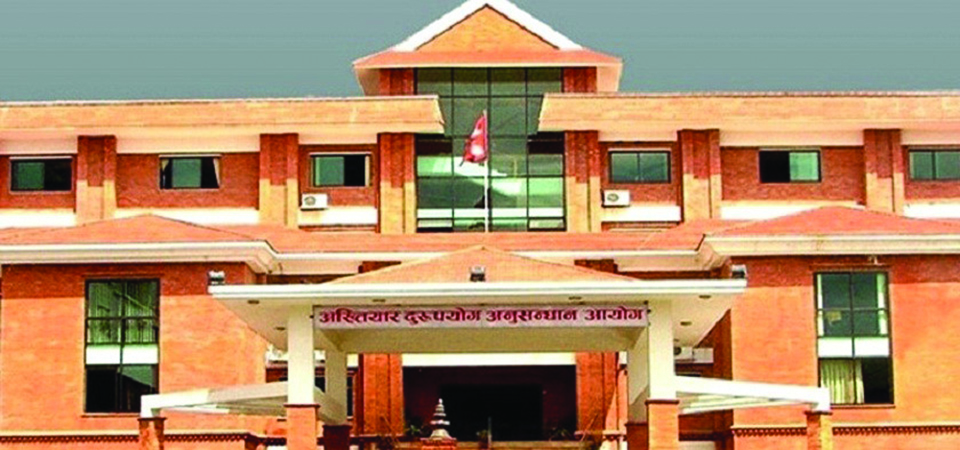

Leave A Comment